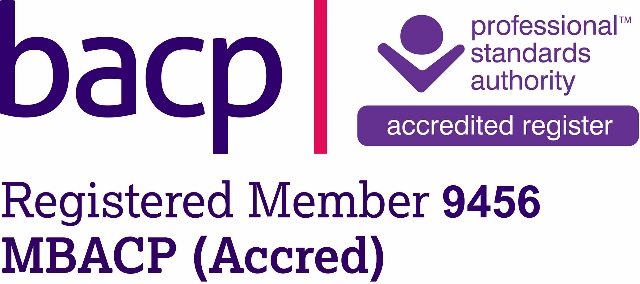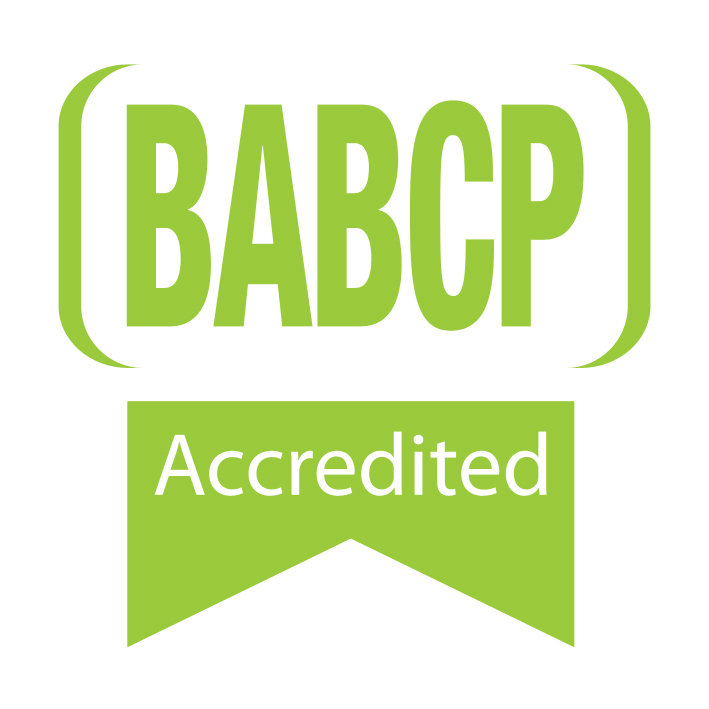AGREEMENT FOR TALKING THERAPIES CONDUCTED BY PATRIZZIA CIACCIO
THE TALKING THERAPY PROCESS
Participation in therapy can result in a number of benefits to you, including improving relationships and resolution of the specific concerns that led you to seek therapy. It may help you deal with difficult feelings or experiences, or address issues that have been troubling you. Working toward these benefits requires effort, and therapy relies on your active involvement, honesty, and openness in order to help with the concerns that have brought you to it. During therapy talking about unpleasant events, feelings, or thoughts may result in your experiencing discomfort or difficult feelings such as anger, sadness, worry, fear, etc. or experiencing anxiety, depression, insomnia, etc. Your counsellor may challenge some of your assumptions or perceptions or propose different ways of looking at, thinking about, or handling situations that can cause you to feel upset, angry, depressed, challenged, or disappointed. Your therapist will ask for your feedback and views on your sessions, its progress, and other aspects of the therapy and will expect you to respond openly and honestly. Sometimes more than one approach can be helpful in dealing with a certain situation. I am able to offer a selection of psychological interventions:-Counselling incorporating Cognitive Behaviour Therapy strategies, person-centred psychodynamic counselling, brief therapy intervention and Cognitive Behaviour Therapy.
All information disclosed within sessions and the written records pertaining to those sessions are confidential and may not be revealed to anyone without your written permission, except where disclosure is required by law or if there is significant risk of harm to others or if there are concerns about the safety of a child or vulnerable adult. Additionally, all counsellors are required by the ethical standards set by the profession to discuss their work with a qualified Supervisor. However, you would not be identified in such discussions which are intended to support the counsellor in their work.
SUPERVISION
As noted above, counsellors consult regularly with other professionals regarding clients; however, the client's name or other identifying information is never disclosed. The client's identity remains completely anonymous, and confidentiality is fully maintained.
PROFESSIONAL CODE OF CONDUCT
As a qualified Counsellor and Cognitive Behaviour Therapist I adhere to the BACP Ethical Framework for Good Practice in Counselling and BABCP Ethical Framework for Good Practice in Cognitive Behaviour Therapy.
DISCLOSURE OF INFORMATION
Sometimes it may be necessary to share confidential information with another health care provider for example your G.P/doctor in order to provide you with the best possible care/service. By signing below you are giving consent to the therapist to share confidential information as outlined above.
Clients Signature: Date:
Name (block letters):
Address:
G.P Name:
G.P Address:
I have read and understand this information. I understand I can revoke my consent at any time during therapy sessions by writing to the therapist Patrizzia Ciaccio.
Download form (word document - opens in new window)
When Disclosure Is Ethically or Legally Required
Some of the circumstances where disclosure is ethically or legally required: where there is a reasonable suspicion of child, dependent or elder, abuse or neglect; and where a client presents a danger to self, to others, to property, or is gravely disabled.
Harm to Self or Others
If there is an emergency during the work with your therapist, or in the future after termination, in which they become concerned about your personal safety, concerned about the possibility of you injuring someone else, or concerned about you receiving proper psychiatric or medical care, they will do whatever they can within the limits of the law, to prevent you from injuring yourself or others and to ensure that you receive the proper care. For this purpose, I may also contact the police, hospital or an emergency contact whose name you have provided. This is, however, very rare and in any circumstances like this, your therapist will make every reasonable effort to discuss the situation with you first.
Litigation Limitation:
Due to the nature of the therapeutic process and the fact that it often involves making a full disclosure with regard to many matters which may be of a confidential nature, it is agreed that should there be legal proceedings (such as, but not limited to divorce and custody disputes, injuries, lawsuits, etc.), neither you (client) nor your legal representative, nor anyone else acting on your behalf will call on the therapist to testify in court or at any other proceeding, nor will a disclosure of the counselling records be requested.
Considering all of the above exclusions, if it is still appropriate, upon your request with written consent, I will release information to any agency/person you specify unless we conclude that release in such information might be harmful in any way.
TELEPHONE & EMERGENCY PROCEDURES
If an emergency situation arises that requires immediate attention, you should contact the Samaritans, dial 999, or go to the local emergency room.



